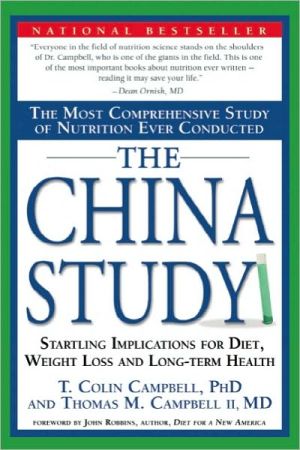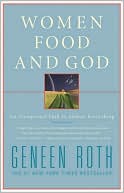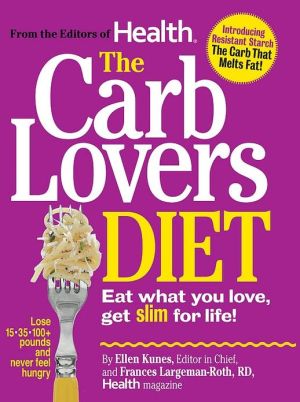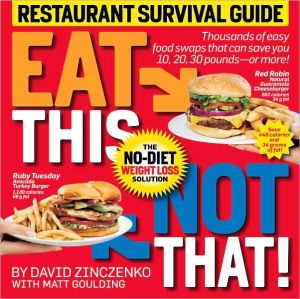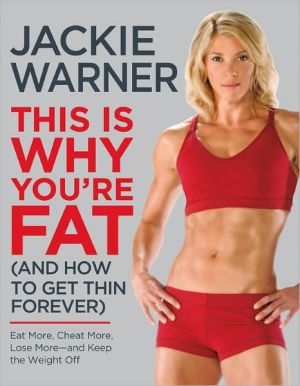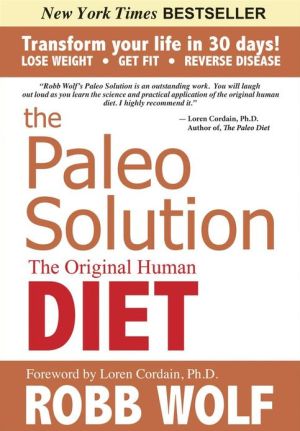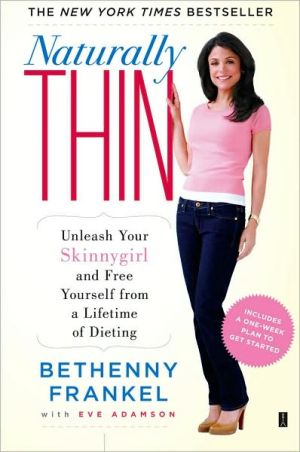Search in google:
Referred to as the "Grand Prix of epidemiology" by The New York Times, this study examines more than 350 variables of health and nutrition with surveys from 6,500 adults in more than 2,500 counties across China and Taiwan, and conclusively demonstrates the link between nutrition and heart disease, diabetes, and cancer. While revealing that proper nutrition can have a dramatic effect on reducing and reversing these ailments as well as curbing obesity, this text calls into question the practices of many of the current dietary programs, such as the Atkins diet, that are widely popular in the West. The politics of nutrition and the impact of special interest groups in the creation and dissemination of public information are also discussed.
Pt. IThe China study1Problems we face, solutions we need112A house of proteins273Turning off cancer434Lessons from China69Pt. IIDiseases of affluence5Broken hearts1116Obesity1357Diabetes1458Common cancers : breast, prostate, large bowel (colon and rectal)1579Autoimmune diseases18310Wide-ranging effects : bone, kidney, eye and brain diseases203Pt. IIIThe good nutrition guide11Eating right : eight principles of food and health22512How to eat24113Science - the dark side25114Scientific reductionism26915The "science" of industry28916Government : is it for the people?30517Big medicine : whose health are they protecting?32118Repeating histories343App. AQ & A : protein effect in experimental rat studies351App. BExperimental design of the China study353App. CThe "vitamin" D connection361
\ [This] elaborate study of rural Chinese gives big points to the health value of their plant-based diets.\ \ \ \ \ Library JournalIn the 1980s, a comprehensive study of the effects of diet on disease and lifestyle was conducted among 6500 adults in 65 counties in rural China. Campbell (nutritional biochemistry, Cornell Univ.) examines the results of that study and compares the predominantly plant-based Chinese diets with the high consumption of meat and dairy products in the West. Drawing on hundreds of references and his 40-year career as a nutritional biochemist, Campbell compellingly argues that animal-based foods are responsible for high rates of heart disease, diabetes, cancer, obesity, Alzheimer's, osteoporosis, and the effects of aging. He challenges long-held beliefs about the nutritional benefits of animal products and points out the confusing glut of contradictory information disseminated by the food industry. Campbell urges readers to eliminate meat and dairy from their diets to achieve better health and longevity. His study will add a new dimension to the public debate about the role of plant-based foods in the human diet. Recommended for nutrition and health collections.-Irwin Weintraub, Brooklyn Coll. Lib., New York Copyright 2004 Reed Business Information.\ \ \ From The CriticsReviewer: Susan Nitzke, PhD(University of Wisconsin-Madison)\ Description: This book has 18 chapters divided into four sections titled: The China Study, Diseases of Affluence, The Good Nutrition Guide, and Why Haven't You Heard This Before?\ Purpose: T. Colin Campbell, an emeritus professor from Cornell University, and his son, Thomas M. Campbell, coauthored this book to present "a new framework for understanding nutrition and health, a framework that eliminates confusion, prevents and treats disease and allows you to live a more fulfilling life." This broad purpose is partially achieved by summarizing the evidence that favors eating only plant-based whole foods.\ Audience: This book is written for the lay public. The senior author is the J. G. Schurman Professor Emeritus of Nutritional Biochemistry at Cornell University. \ Features: This book presents a mix of personal experience, population studies, and biomedical research to support the health benefits of a totally vegetarian diet. The benefits of this eating pattern are claimed to be wide-ranging — from losing weight to reducing risk of diabetes, heart disease, cancer, and diseases of the bones, kidneys, eyes and brain. Unfortunately, the authors are too quick to dismiss studies that oppose or weaken their conclusions. \ Assessment: Students and health experts who wish to examine the evidence that favors a plant-based diet may find this book to be a useful and interesting summary. The book includes hundreds of notes and references, adding to its value for such scholarly applications. However, its value as an unbiased guide for the general public would be difficult to justify.\ \ \ \ \ From the Publisher“[These] findings from the most comprehensive large study ever undertaken of the relationship between diet and the risk of developing disease are challenging much of American dietary dogma.”\ —The New York Times\ “Reflects the profound changes that industrialization is bringing to diet and disease patterns in China, statistics that have had an impact on reevaluating dietary policy in the United States and worldwide.”\ —Washington Post\ “Everyone in the field of nutrition science stands on the shoulders of Dr. Campbell, who is one of the giants in the field. This is one of the most important books about nutrition ever written—reading it may save your life.”\ —Dean Ornish, MD, Founder & President, Preventative Medicine Research Institute; Clinical Professor of Medicine, University of California, San Francisco; Author, Dr. Dean Ornish's Program for Reversing Heart Disease and Love & Survival\ “Colin Campbell’s The China Study is an important book, and a highly readable one. With his son, Tom, Colin studies the relationship between diet and disease, and his conclusions are startling. The China Study is a story that needs to be heard.”\ —Robert C. Richardson, PhD, Nobel Prize Winner; Professor of Physics and Vice Provost of Research, Cornell University\ “The China Study gives critical, life-saving nutritional information Dr. Campbell’s exposé of the research and medical establishment makes this book a fascinating read and one that could change the future for all of us.”\ —Joel Fuhrman, MD, Author, Eat to Live\ \ \ \
